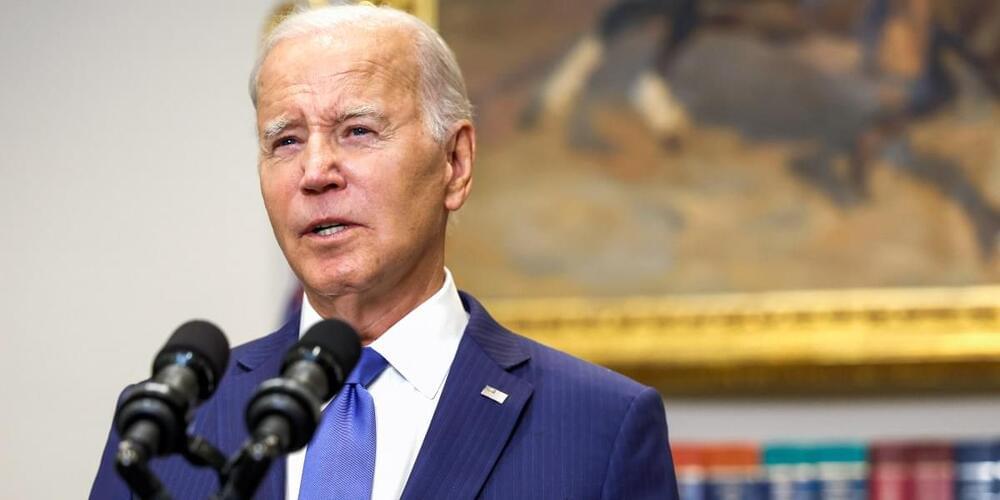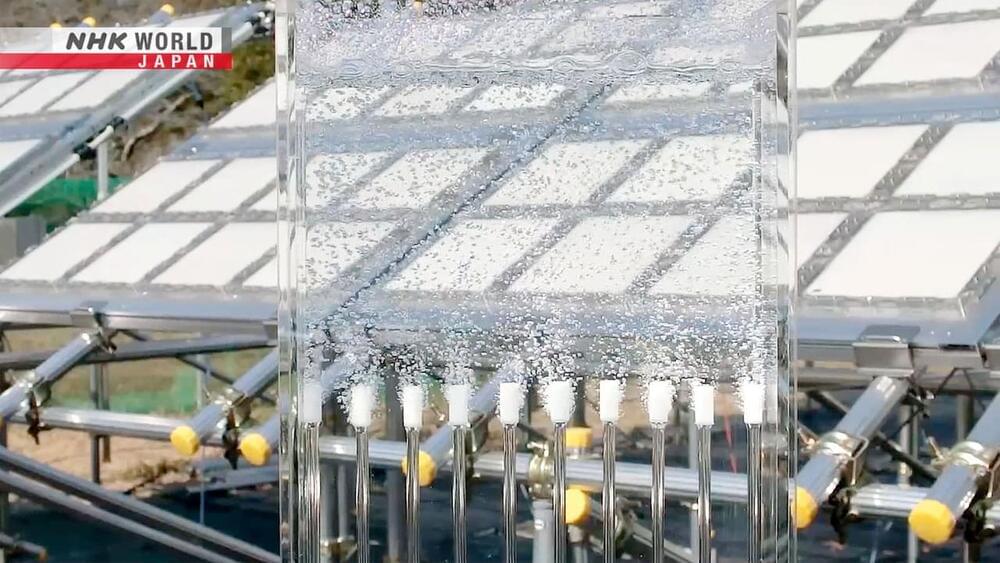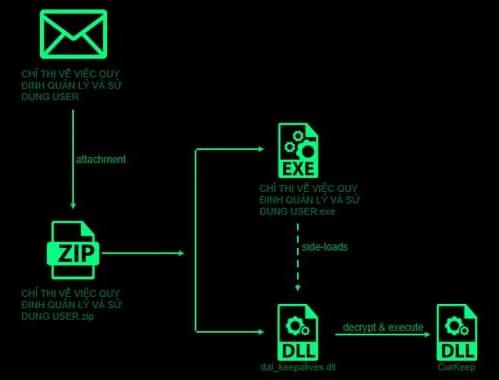The goal of the order, according to the White House, is to improve “AI safety and security.” It also includes a requirement that developers share safety test results for new AI models with the US government if the tests show that the technology could pose a risk to national security. This is a surprising move that invokes the Defense Production Act, typically used during times of national emergency.
The executive order advances the voluntary requirements for AI policy that the White House set back in August, though it lacks specifics on how the rules will be enforced. Executive orders are also vulnerable to being overturned at any time by a future president, and they lack the legitimacy of congressional legislation on AI, which looks unlikely in the short term.
“The Congress is deeply polarized and even dysfunctional to the extent that it is very unlikely to produce any meaningful AI legislation in the near future,” says Anu Bradford, a law professor at Columbia University who specializes in digital regulation.









